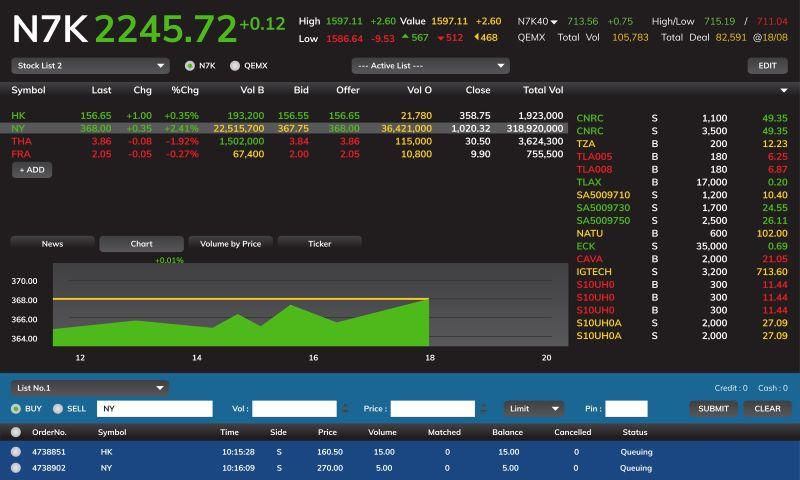Strategic Benefits Of Salesforce Data Archiving In Boosting Efficiency and Compliance
31 October 2024
5 Mins Read

toc impalement
In today’s data-driven world, organizations constantly seek ways to enhance system performance while adhering to stringent compliance requirements. One effective strategy that addresses both these needs is data archiving.
By systematically storing and managing historical data, businesses can not only optimize their system performance but also ensure compliance with regulatory standards. This article explores the several benefits of data archiving, highlighting how it can serve as a cornerstone for both operational efficiency and regulatory adherence.
Advantages of Data Archiving
Data archiving is, therefore, a very important practice for every organization that wants to improve its system performance and, at the same time, meet its legal requirements. Storing data is the entire process of migrating data or moving it to another storage type for long-term storage since the original storage can become overwhelmed.
This is useful not only for getting more out of applications like Salesforce but also for ensuring that companies comply with regulatory rules regarding data retention. In the next sections, we will review the advantages of data archiving and demonstrate how data archiving in Salesforce can enhance your system performance and the organization’s compliance.
Improving System Performance with Data Archiving
The use of data also increases with the growth of organizations to avoid poor organizational decisions. Salesforce, as well as many other enterprise applications, isn’t very fast when it needs to work with too much active data.
Storing rarely accessed data for the long term allows for a reduction of the amount of data that the system has to sort through. This means that system response times are shorter since there are fewer records to query and analyze and directly relate to user effectiveness.
Different data are also archived at regular intervals to improve the efficiency of the database and help in keeping important tasks such as reporting, data acquisition, and record changes faster.
Reducing Storage Costs
Space is often costly and becomes a problem, especially when apps used in organizations exist in the cloud domain. Storing huge volumes of cold data on expensive high-performance tiers is not ideal.
Salesforce data archiving also means that frequently used data need not be stored alongside rarely accessed data, which is costlier to maintain. This can help companies cut the expenses of storing data. At the same time, it enables organizations to set aside data for future use or legal reasons. Also, archiving can negate the utility of data migration to support growth, which leads to other cost-saving measures.
Ensuring Compliance with Regulatory Requirements
Many industries, such as healthcare, finance, and government, have strict regulatory requirements regarding data retention. Failure to comply can result in hefty fines or legal penalties.
Data archiving helps businesses meet these requirements by safely storing historical data in a way that is easily accessible if needed. Salesforce data archiving solutions can include features such as encryption, access controls, and audit trails to ensure that archived data is stored securely and compliantly. This approach minimizes legal risks while maintaining the integrity of data over time.
Streamlining Data Management Processes
When active databases are cluttered with structures that contain old records, the search for the information might take a while. Data archiving makes it easier for organizations to manage their data because it separates active data from inactive data.
Applying a proper data archiving approach in Salesforce will allow teams to quickly access new data at the same time and, when necessary, get to historical records. This also makes backup processes much easier to do, requiring less time to do the backups and minimizing the chances of data loss through these processes.
Enhancing Data Security
Archived information is usually kept in another area physically from the actual working database, which provides added security. This goes a long way to ensuring that the information stored is protected from casual deletion or loss through hacking.
Where the older data does not have to be referred often, it is safer to store it in a different and secure area to reduce the risk of data leakage. Privacy features that can be incorporated in salesforce data archiving solutions include encryption of data and access controls that limit who can access the archived data.
How To Implement Data Archiving Effectively?
Implementing an effective data archiving strategy involves several key steps to ensure that your data is managed efficiently and remains accessible when needed. Here are some tips to help you get started:
Identify and Classify Data
Begin by taking an inventory of your data. Identify which data needs to be archived based on its usage, importance, and regulatory requirements.
Set Clear Policies
Establish clear policies for what data gets archived, how long it will be retained, and who has access to it. This helps maintain consistency and compliance.
Automate the Process
Use automation tools to manage the archiving process. This ensures that data is archived consistently and reduces the risk of human error.
Ensure Compliance
Make sure your archiving strategy complies with relevant regulations and industry standards. This includes understanding data retention requirements and ensuring that archived data is stored securely.
Choose the Right Archiving Solution
Select an archiving solution that fits your organization’s needs. Consider factors such as scalability, security, and ease of retrieval.
Regularly Test Data Retrieval
Periodically test your ability to retrieve archived data to ensure that it remains accessible and intact. This helps identify any issues early and ensures data integrity.
Monitor and Maintain
Continuously monitor your archiving system to ensure it is functioning correctly. Regular maintenance helps in addressing any potential issues before they become significant problems.
By following these tips, you can create a robust data-archiving strategy that optimizes system performance and ensures compliance with regulatory requirements.
Conclusion
Data archiving can, therefore, be said to be a best practice that is useful to organizations that do not want to spend a lot of money on storing large volumes of data, which want their systems to perform optimally at all times, or, have to deal with huge volumes of data, most of which is static and much of which may at any given time be ignored for prolonged periods.
With this particular strategy, the various Salesforce data archiving enables organizations to effectively manage change by cutting down on active data sets, helping to improve the performance of database systems, and also increasing the usability of the database.
Also, it is useful in cutting expenses such as storage costs, improving data control, and increasing data protection. Thus, it is possible to rely on these advantages to undertake growth and innovation in the company, as well as adapting data retention techniques to comply with the norms of the industry.
In light of this knowledge, it is now possible for organizations engaging in business to invest in ways that make data archiving a critical part of conventional business world solutions aiming at offering the best results on efficiency, cost, and compliance.
Read Also:


















Comments Are Closed For This Article